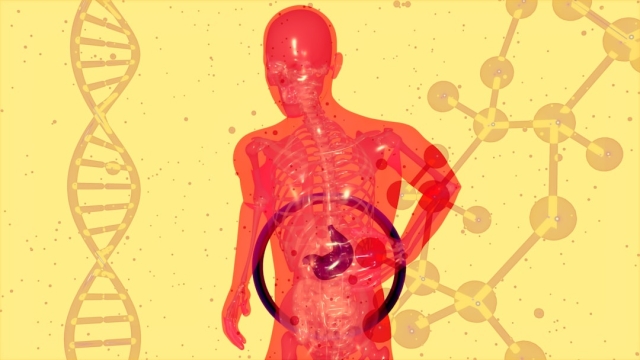Understanding Androgen Deficiency Causes and Symptoms
Androgen deficiency, often associated with conditions like low testosterone levels, can significantly impact an individual’s overall health and well-being. This condition typically affects men, but it can also occur in women. Understanding the causes and symptoms of androgen deficiency is crucial for identifying appropriate treatment options and improving quality of life. This article will explore the intricacies of androgen deficiency treatment, including various therapeutic approaches and how to find qualified healthcare providers.
Understanding Androgen Deficiency: Causes and Symptoms
Androgen deficiency occurs when the body does not produce adequate levels of androgens, which are hormones responsible for the development of male characteristics and the regulation of various physiological functions. Key causes of androgen deficiency can include age, obesity, chronic diseases, genetic factors, and certain medical treatments. Symptoms often manifest as fatigue, decreased libido, reduced muscle mass, mood changes, and cognitive impairment.
Recognizing these symptoms is essential, as they can affect various aspects of life, from physical performance to emotional health. Early diagnosis is critical in mitigating the long-term effects of androgen deficiency. If you suspect you might be experiencing symptoms related to low androgen levels, consulting a healthcare professional for evaluation is an important first step.
Treatment Options for Androgen Deficiency
When it comes to androgen deficiency treatment, there are several options available, each tailored to the individual’s specific needs and health status. The most common treatment method is hormone replacement therapy (HRT), which involves the administration of testosterone or other androgenic hormones to restore normal levels in the body.
Hormone replacement therapy can be delivered through various methods, including injections, patches, gels, or pellets. Each method has its own benefits and potential side effects, making it essential to discuss these options with a healthcare provider to determine the most suitable approach for your situation.
In addition to HRT, there are alternative treatment options that can be considered. Lifestyle modifications, such as improving diet, increasing physical activity, managing stress, and ensuring adequate sleep, can have a significant impact on hormone levels. Nutritional supplements and herbal remedies may also be explored, although these should be approached with caution and discussed with a healthcare provider to ensure safety and efficacy.
Finding Clinics and Specialists for Androgen Deficiency Treatment
Finding the right healthcare provider is crucial for effective androgen deficiency treatment. It is essential to seek out clinics and specialists who have a thorough understanding of hormonal health and experience in treating androgen deficiency. Look for endocrinologists or urologists who specialize in hormone therapy and have a good reputation in the community.
When searching for a clinic, consider factors such as the provider’s qualifications, the treatment options they offer, and patient reviews. A personalized treatment plan is vital, as it ensures that the approach taken aligns with your specific health needs and lifestyle. Building a strong patient-provider relationship can enhance the effectiveness of the treatment and provide ongoing support throughout the process.
For those seeking further resources and guidance, websites like this one can be valuable in connecting patients with clinics that specialize in androgen deficiency treatment.
Ongoing Management and Support Resources
Managing androgen deficiency is an ongoing process that requires regular follow-ups and adjustments to treatment as needed. Monitoring hormone levels and overall health is essential to ensure that the treatment remains effective. Additionally, engaging in support groups or counseling can provide valuable emotional support as individuals navigate the challenges associated with androgen deficiency.
In conclusion, understanding androgen deficiency and its implications is the first step toward effective treatment. By exploring various treatment options, seeking qualified healthcare providers, and committing to ongoing management, individuals can improve their health and regain a sense of balance in their lives.

